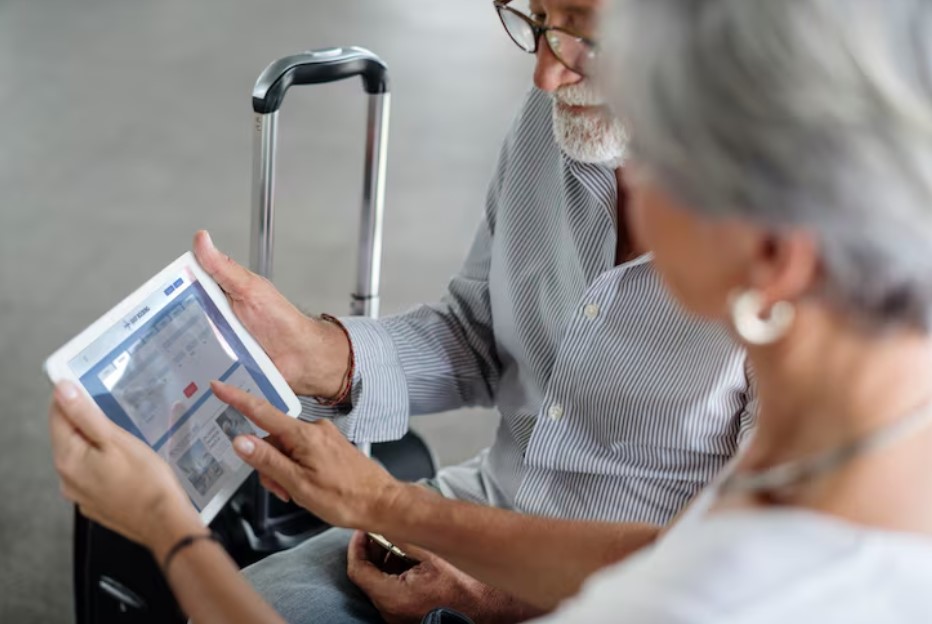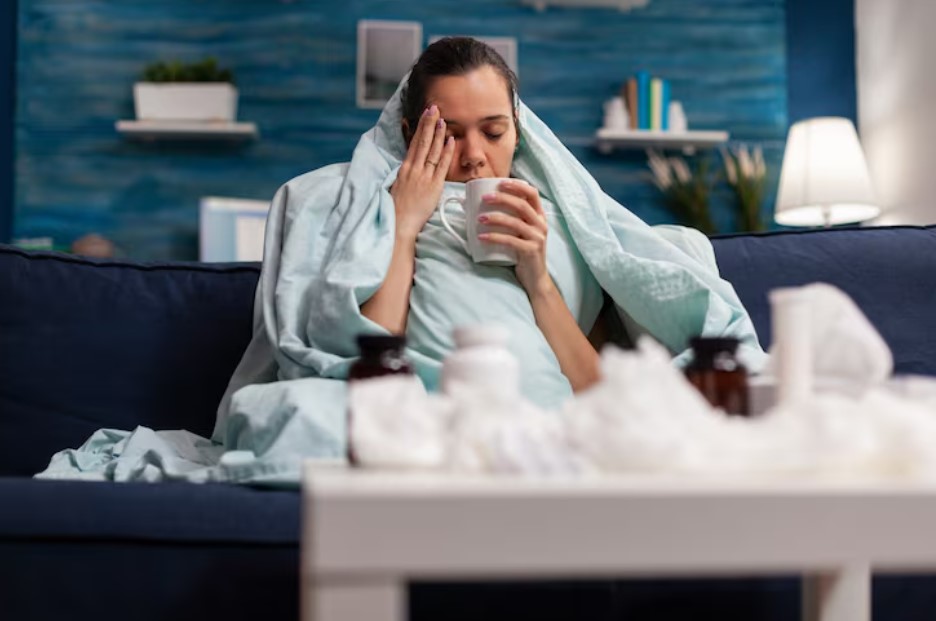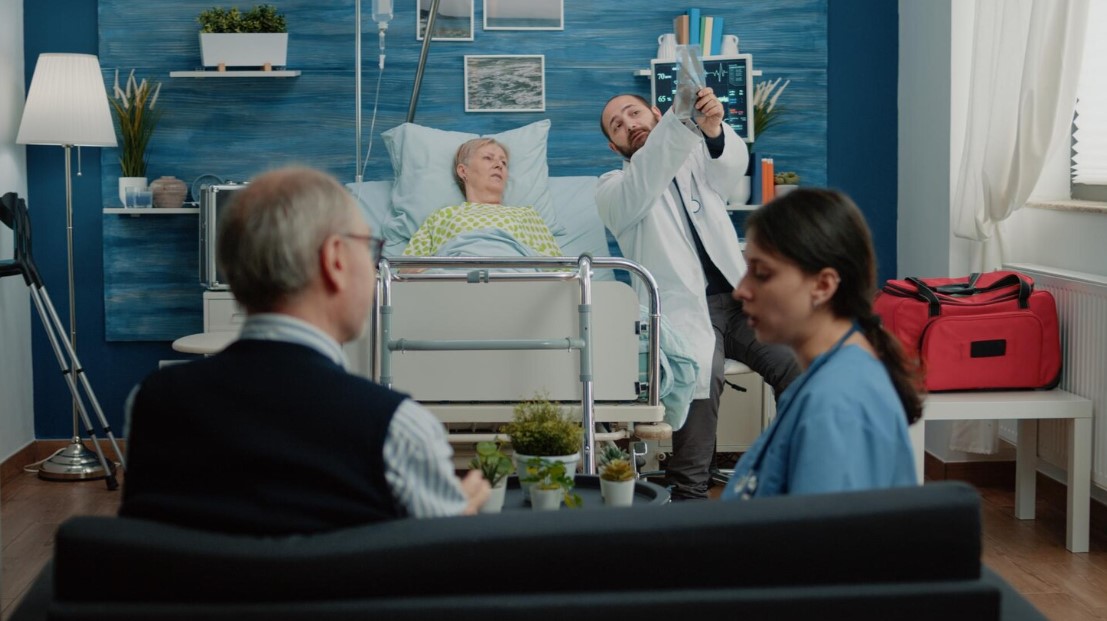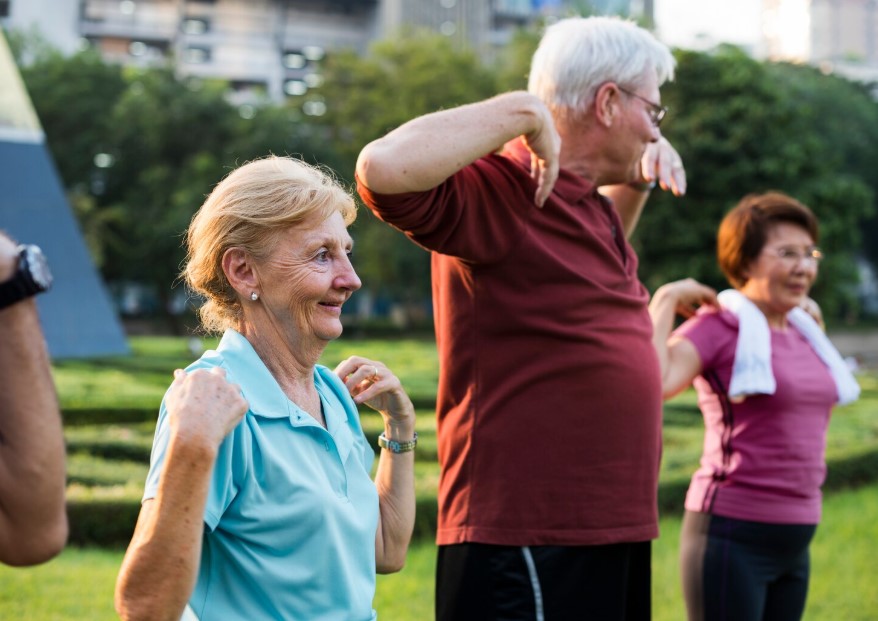16
Sep 2025
Short-Term Melbourne Accommodation for Medical Appointments and Recovery
Published in General on September 16, 2025
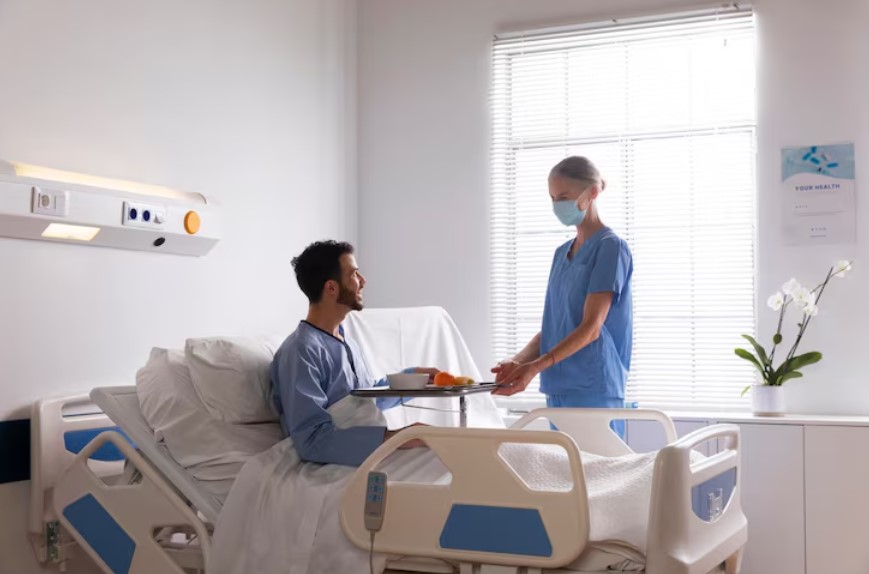
When facing medical treatments, surgeries, or follow-ups in Melbourne, many patients and their families find themselves in need of suitable short-term accommodation. Whether the appointment schedule is tight, recovery requires rest, or the hospital is far from home, having a place close by that offers comfort, support, and accessibility can make a big difference in recovery outcomes and emotional well-being.
Why Short-Term Accommodation Matters
Medical appointments—specialist consultations, day surgeries, radiation therapy, or physiotherapy—often demand frequent visits over days or weeks. For those travelling from regional or interstate areas, or living far from the hospital, commuting daily can be exhausting, costly, and stressful. Recovery after procedures often requires rest, limited mobility, and sometimes the need for care or assistance. Having accommodation nearby allows patients to reduce travel fatigue, manage post-operative pain more effectively, and get prompt care if complications arise. It also eases the burden on family members or carers who must support travel or overnight stays.
Key Features to Look For
When choosing short-term accommodation for medical purposes in Melbourne, consider:
- Proximity to hospital or clinic: Walking distance or short transport transfers can save time, reduce stress, especially when mobility is reduced.
- Comfort & accessibility: Studios or apartments with private bathrooms, full kitchens or kitchenette for easy meals, laundry, and quiet spaces for rest.
- Support services: Some places offer assistance services, such as help with meals, transport, or even medical-adjacent support. For example, having an accommodation liaison officer at the hospital who can help connect you to local options.
- Cost & financial assistance: Short stays can be costly; look for subsidised or reduced-cost options, government rebates, or schemes like the Victorian Patient Travel Assistance Scheme (VPTAS).
- Flexibility of stay length: Ability to stay for just a night before a procedure, several nights post-surgery, or a few weeks if recovery demands it.
Hospital-Based and Hospital-Related Accommodation
One of the most relevant categories is accommodation tied to hospital stays. Hospitals sometimes offer patient or visitor lodging or have affiliated facilities. These might include in-hospital “medi-hotels” or hospital-run lodges for families.
- St Vincent’s Hospital Melbourne, for example, has an Accommodation Liaison Officer whose role is to assist rural, regional and interstate patients and their relatives in finding accommodation nearby, and in some cases organising possible government rebates.
- Many hospitals also employ patient liaison or social work departments that coordinate support for those who live more than 100 km from a hospital—they can point to subsidised accommodations or family stay services. The Royal Women’s Hospital has a family accommodation service for those who travel long distances or whose patients are in critical condition.
- Graduate House in Melbourne is another example—this facility offers affordable, safe accommodation for patients, carers and families, being within walking distance of major hospitals and specialist centres. It has flexible stays (one night, several nights or weeks), communal areas, good access to public transport, meals included, etc.
These hospital-or hospital-associated options tend to be especially useful because they are designed with medical needs in mind: proximity, ease of access, awareness of patient recovery schedules, and sometimes even special health-friendly amenities.
Other Options in Melbourne
Beyond hospital-run or hospital-affiliated lodging, there are a number of alternative types of short-term accommodation suitable for medical recovery:
- Serviced apartments: Apartments on Chapman offer self-contained units (studio, 1- or 2-bedroom) near Melbourne’s hospitals. These are ideal for families or visitors needing more space, full kitchens, and quieter environments. Such places let you stay more like “home” while you're recovering or supporting a patient.
- Short Term Accommodation (STA) under NDIS: For people with disability or needing recovery support, many STA services are available. They provide short stays, help with daily tasks, assistance, respite care, etc. For instance, Excel Care Group offers STA and medium-term accommodation that can be used for recuperation after illness or surgery, staffed with nursing or care support.
- Respite and disability-funded accommodation: Organisations like Hikma House, etc., provide support where short-term stays can include care, assistance and a supportive environment. These are particularly helpful when patients or carers need a change of environment or when returning home immediately is not viable.
Planning & Accessing Short-Term Medical Accommodation
To make the process smoother, here are some steps and tips:
- Speak to your healthcare provider early: Ask about what hospital lodging, family accommodation or subsidised options are available. Social workers, patient liaison officers or accommodation liaison officers are good contacts.
- Check eligibility for support schemes: If you come from a regional or remote area, you may qualify for travel or accommodation assistance (e.g., VPTAS in Victoria).
- Book early: Medical-friendly accommodation close to hospitals tends to fill up, especially for popular or specialised treatments.
- Consider your recovery needs: What mobility support will you need? Can you cook, or will you require meals provided? How quiet does the place need to be?
- Budget properly: Include not just lodging, but meals, transport, any extra care you’ll need. If lodging is far or not fully supported by subsidy, costs stack up.
Conclusion
Short-term accommodation in Melbourne for medical appointments and recovery is a critical part of the healthcare journey for many. When chosen well, it can reduce stress, aid recovery, lower costs, and provide peace of mind. Hospital-run lodgings, serviced apartments, STA or NDIS-supported stays, and family accommodation schemes all form part of an ecosystem that can help patients and carers be closer to care, while retaining comfort and safety. If you’re going through a medical procedure or recovery period in Melbourne—or helping someone who is—researching these options ahead of time can be as important as the medical plan itself.
